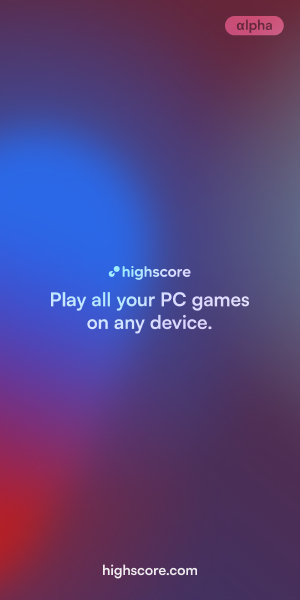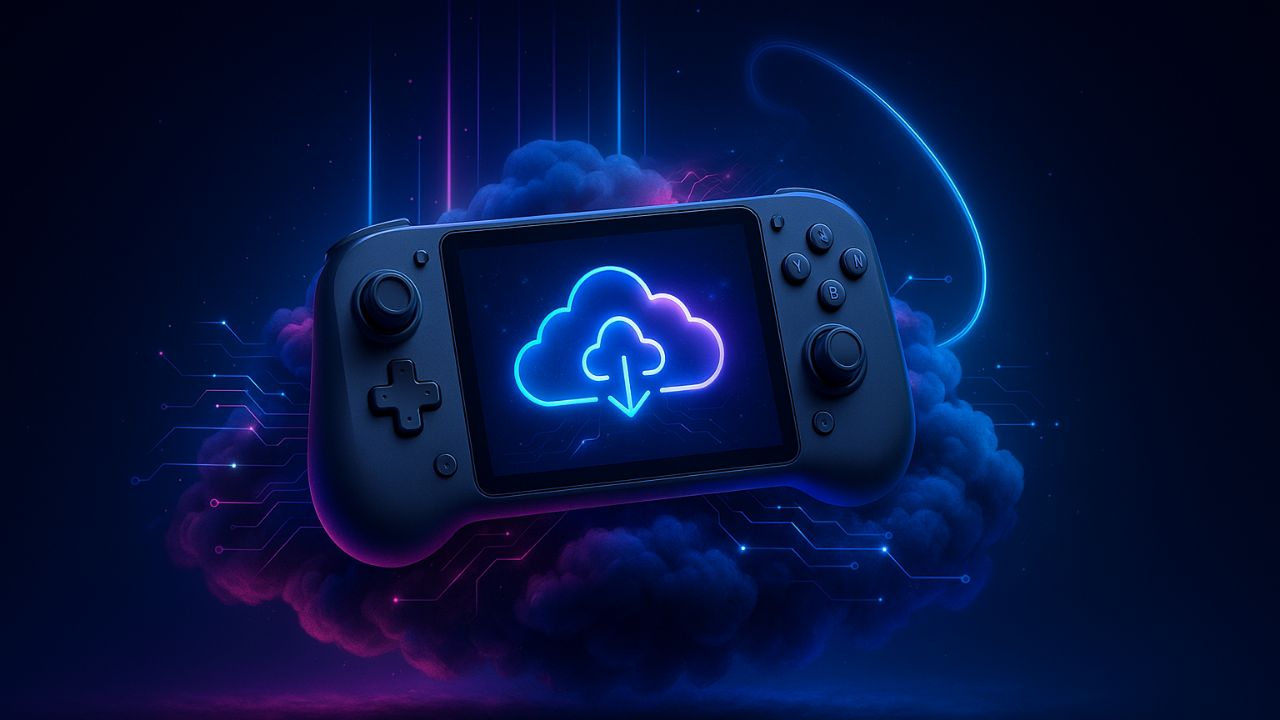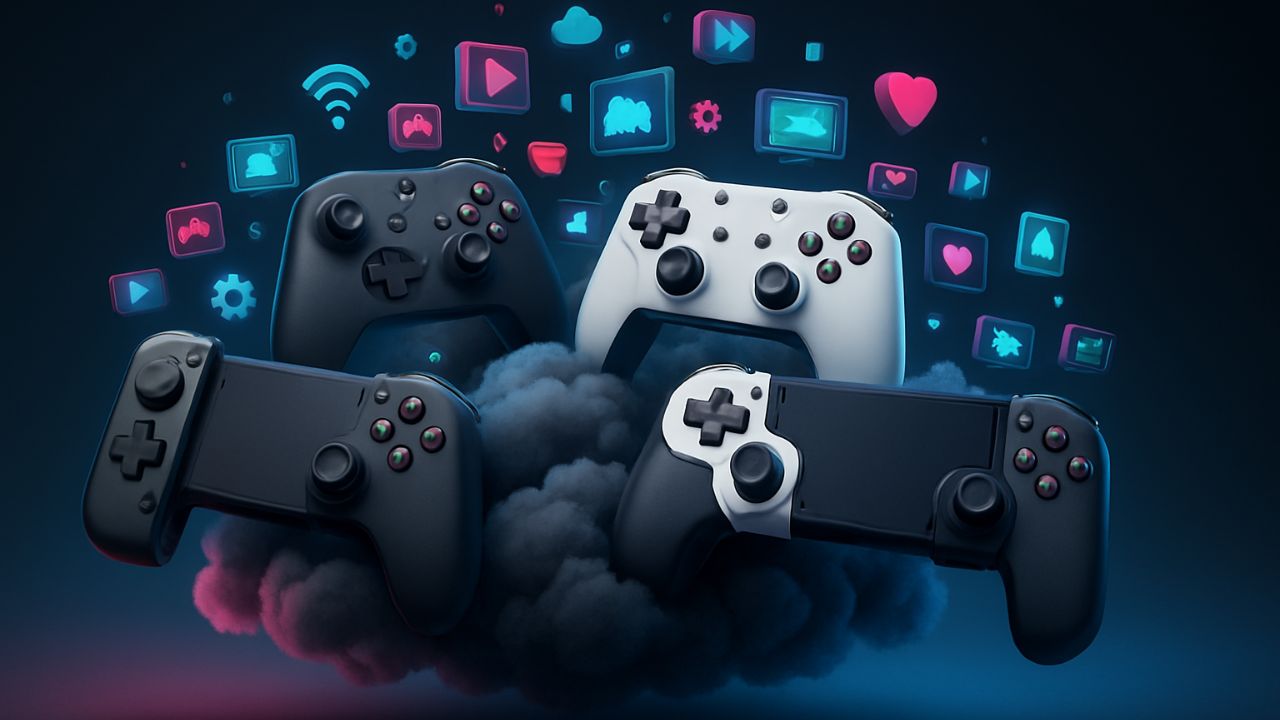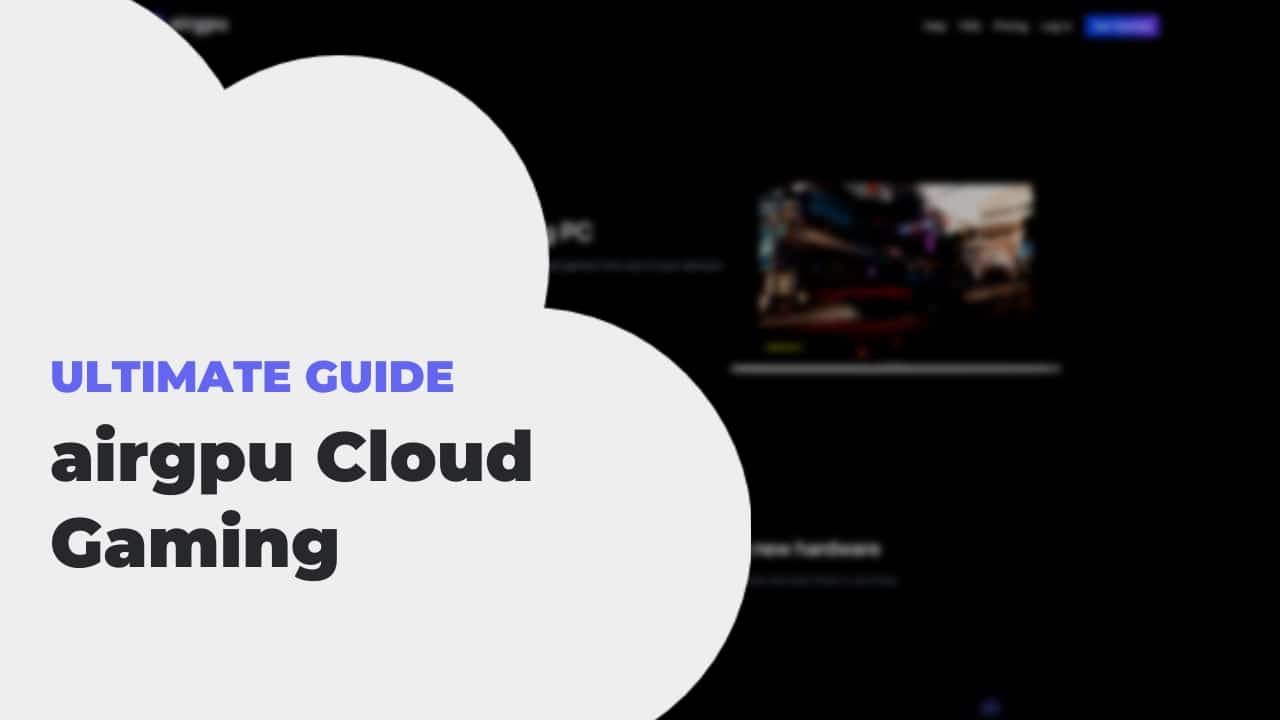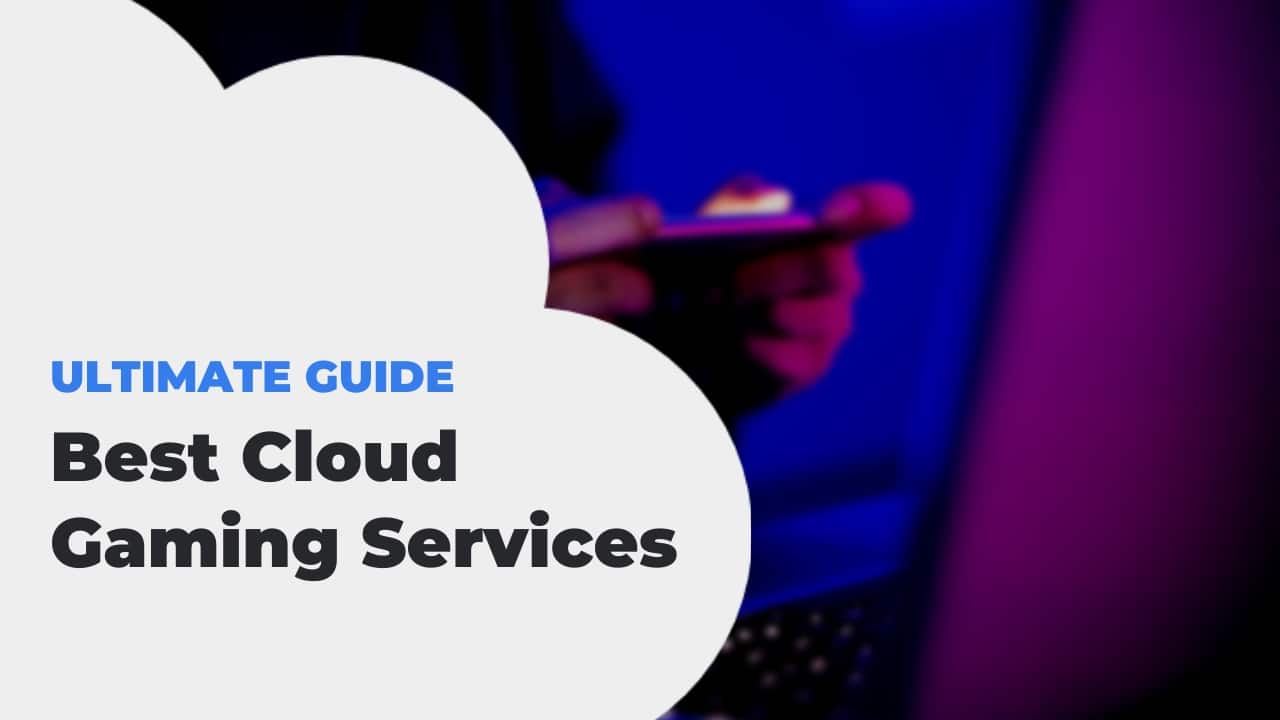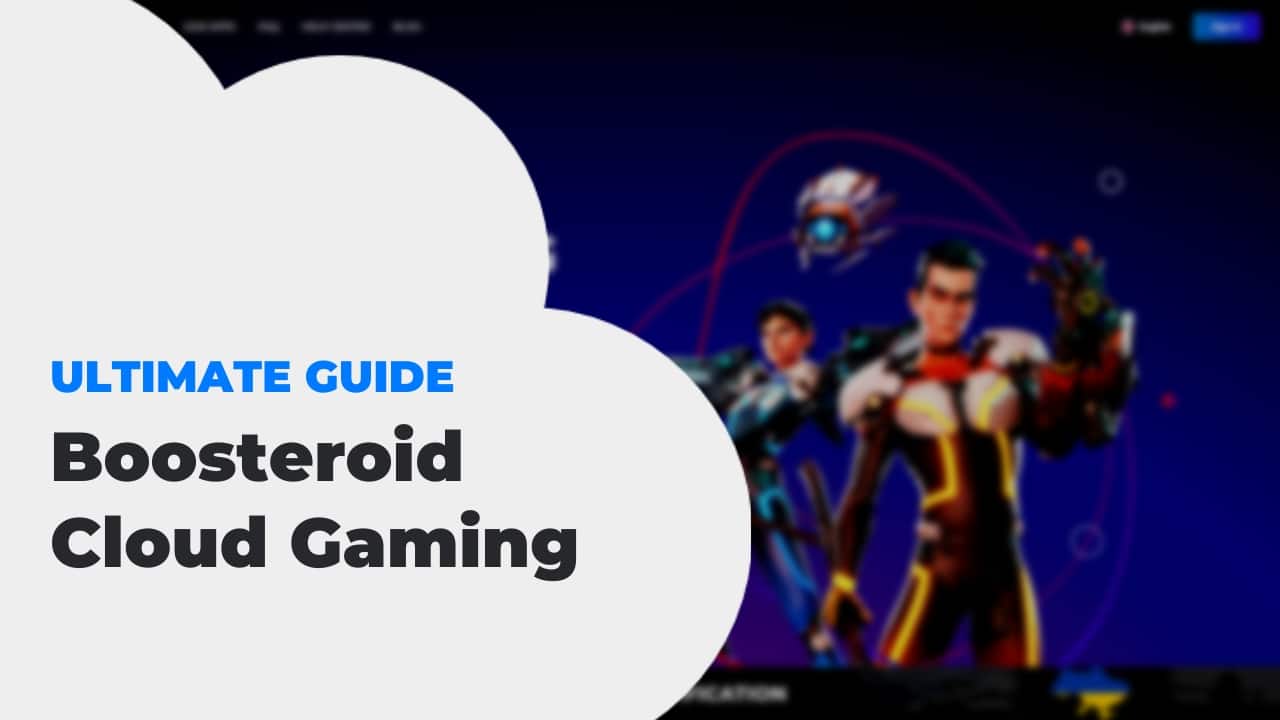
Cloud gaming has revolutionized the gaming industry, allowing players to stream and play games from anywhere without the need for high-end hardware. However, one of the most critical factors affecting the cloud gaming experience is latency.
This article will delve into what latency is, its impact on gameplay, and how you can reduce latency for a smoother gaming experience.
Understanding cloud gaming latency
Latency, often called “lag,” is the delay between your actions (like pressing a button) and the game’s response. In cloud gaming, low latency is important for smooth and responsive gameplay. When you make a move, your command goes to a server, gets processed, and then the result comes back to your screen. This time is measured in milliseconds (ms), and the lower the latency, the better.
Latency can be affected by your internet speed, the distance to the server, and network congestion. Even a small delay can make a big difference, especially in fast-paced games.
How does latency impact gameplay?
Latency affects different types of games in different ways. For example, first-person shooters (FPS) and racing games need very low latency because quick reactions are crucial. Any delay can ruin the experience. Turn-based strategy games, however, can handle higher latency better because they don’t rely as much on quick actions.
Two important measures are ping and response time. Ping is the time it takes for data to travel to the server and back. Response time is the total delay between your action and the game’s response. Both should be as low as possible for smooth gameplay on cloud gaming services.
What latency is good for cloud gaming?
In cloud gaming, the difference between a 20 ms total latency and a 40 ms total latency can be the difference between awesome and unplayable. Every millisecond counts. Generally, a latency under 20 ms is considered excellent for cloud gaming, providing a very responsive experience.
Latency between 20 ms and 50 ms is still good and playable for most games. However, if latency goes over 50 ms, the gaming experience might start to suffer, especially for fast games.
What latency do I need for which cloud gaming service?
Here are the latency requirements of some popular cloud gaming services:
| Service | Recommended Latency |
|---|---|
| Boosteroid | < 20 ms |
| GeForce Now | < 80 ms |
| Shadow PC | < 30 ms |
| airgpu | < 30 ms |
| Amazon Luna | < 20 ms |
| Xbox Cloud Gaming | < 80 ms |
How can you check your latency for cloud gaming?
Most cloud gaming services have tools to check your latency. Use these tools to see your current latency and find out where you can improve. Checking your latency regularly can help you keep your gaming experience smooth.
What can you do to reduce latency?
Reducing latency in cloud gaming involves optimizing your network and setup.
Here are some tips to reduce latency and improve your cloud gaming experience:
- Use a Wired Ethernet Connection: Wired connections are more stable and faster than Wi-Fi.
- Optimize Network Settings: Use Quality of Service (QoS) settings on your router to prioritize gaming traffic.
- Upgrade Your Internet Plan: Faster internet speeds can help reduce latency.
- Leverage 5G Technology: 5G networks offer lower latency and faster speeds than 4G.
- Close Background Applications: Make sure no other apps or devices are using up your bandwidth while you’re gaming.
For more detailed tips on optimizing your internet connection for cloud gaming, check out this comprehensive guide: 8 Expert Tips for a Better Internet Connection.
Conclusion
Latency is a crucial factor in cloud gaming that affects your gameplay. By understanding what causes latency and how to reduce it, you can enjoy a smoother and more responsive gaming experience. With new technologies like 5G and better server infrastructures, the future of cloud gaming looks promising with even lower latency.
Stay updated on the latest trends and technologies in cloud gaming. Whether you’re a casual gamer or a competitive player, reducing latency can greatly enhance your gaming experience.
You Might Also Like
-
Best cloud gaming handhelds in 2025Last updated: October 28, 2025
-
Best controller for cloud gaming in 2025Last updated: May 16, 2025
-
Cloud Gaming Android: How to Play on Smartphone & Tablet [2024]Last updated: January 9, 2024
You Might Also Like
-
airgpu Cloud GamingLast updated: June 14, 2024
-
Best Cloud Gaming Services in 2025 [Complete List]Last updated: December 18, 2025
-
Boosteroid Cloud GamingLast updated: June 13, 2024


